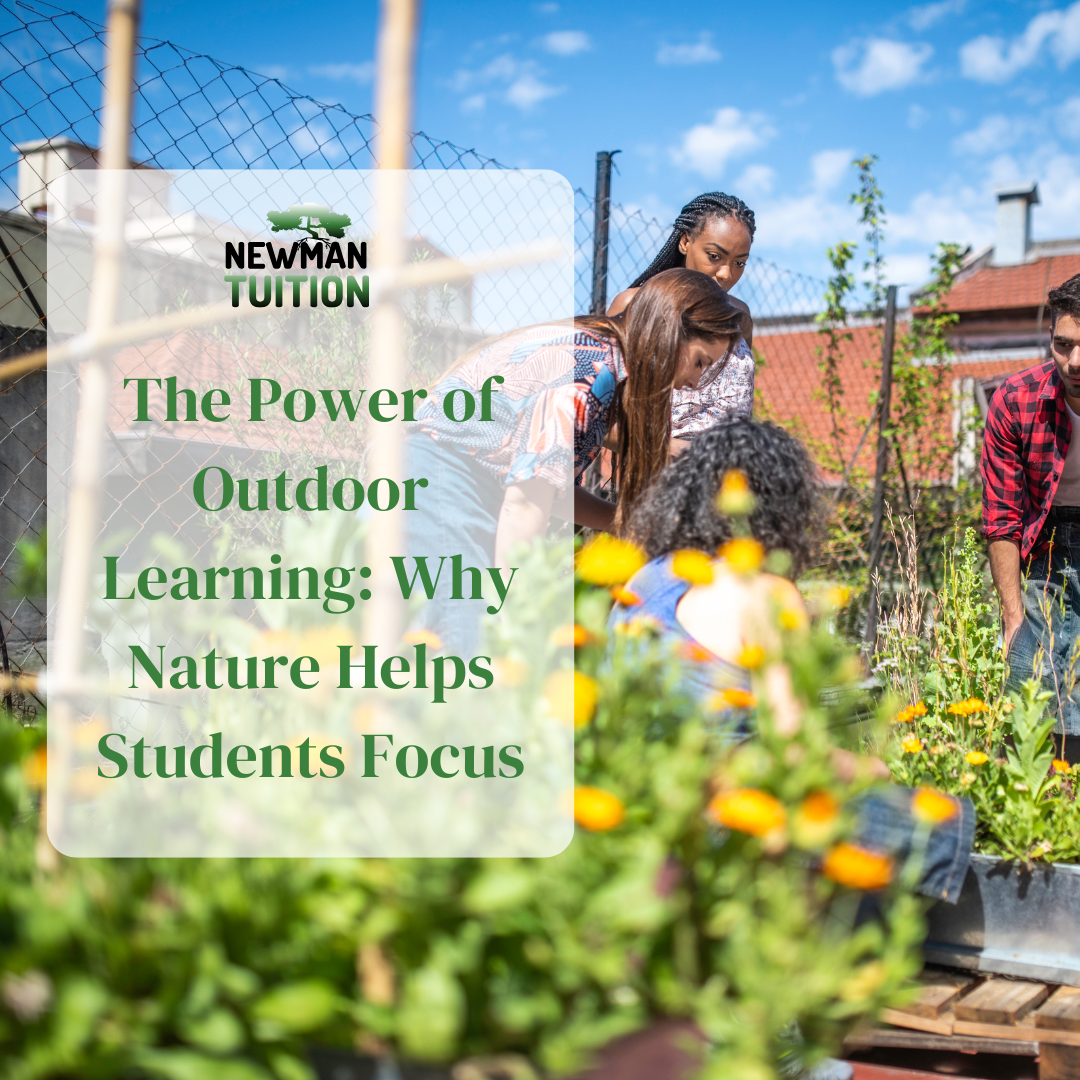The Power of Outdoor Learning: Why Nature Helps Students Focus

In today’s fast-paced, tech-heavy world, many children and teenagers spend the bulk of their time indoors—often in front of screens. While the benefits of digital learning are well established, there is growing evidence that stepping outside the classroom—and into nature—can provide powerful cognitive and emotional advantages. Outdoor education is more than just a change of scenery; it can significantly enhance focus, memory, and overall academic performance.
Nature as a Cognitive Reset
Spending time outdoors has been shown to act as a mental reset. According to Attention Restoration Theory (ART), natural environments help restore our ability to concentrate. When a student becomes mentally fatigued after a long day of structured learning or screen time, exposure to green spaces—even something as simple as a walk in the park—can help replenish their attention span and improve their capacity to focus on tasks.
The Science Behind It
Multiple studies have demonstrated a clear link between nature exposure and improved cognitive performance. One notable study published in Frontiers in Psychology found that students who spent time learning outdoors showed better attention and retention compared to those who stayed in the classroom. The multisensory experience of nature—combining visual, auditory, and tactile stimuli—engages the brain in a unique way, encouraging more effective learning.
Additionally, being outside increases oxygen levels and encourages physical movement, both of which are associated with higher levels of serotonin and dopamine—neurotransmitters linked to mood regulation and improved focus.
Benefits Beyond the Brain
Outdoor learning doesn’t just help with academic focus; it also supports emotional and social development. Activities such as team challenges, nature trails, or outdoor science experiments can enhance collaboration skills and foster a deeper sense of curiosity. These experiences allow students to apply their knowledge in real-world settings, making learning more meaningful and memorable.
Furthermore, natural settings can help reduce anxiety and stress—two common barriers to learning in children and teenagers. By lowering cortisol levels and encouraging mindfulness, nature creates a calmer and more positive learning environment.
How Parents and Tutors Can Encourage Outdoor Learning
At Newman Tuition, we recognise that every child learns differently. For students who struggle with attention or motivation, incorporating outdoor elements into their routine can be a game-changer. Here are a few practical ways parents and tutors can bring the benefits of nature into learning:
Take sessions outside: When weather permits, try tutoring in a garden, park, or open outdoor space.
Incorporate movement: Use physical activities like walking or nature scavenger hunts to reinforce lessons.
Encourage nature journalling: For English or creative writing students, observing and writing about the natural world can inspire original thinking.
Bring subjects to life: Science, geography, and even maths can be taught using natural examples and hands-on experiments outside.
A Balanced Approach
While outdoor education isn’t a replacement for structured academic learning, it’s an excellent supplement—especially for students needing a break from the traditional classroom environment. At Newman Tuition, we advocate for a holistic approach that nurtures both the mind and the body. As more research supports the positive effects of nature on learning, we encourage families to explore the outdoors as part of a balanced educational journey.